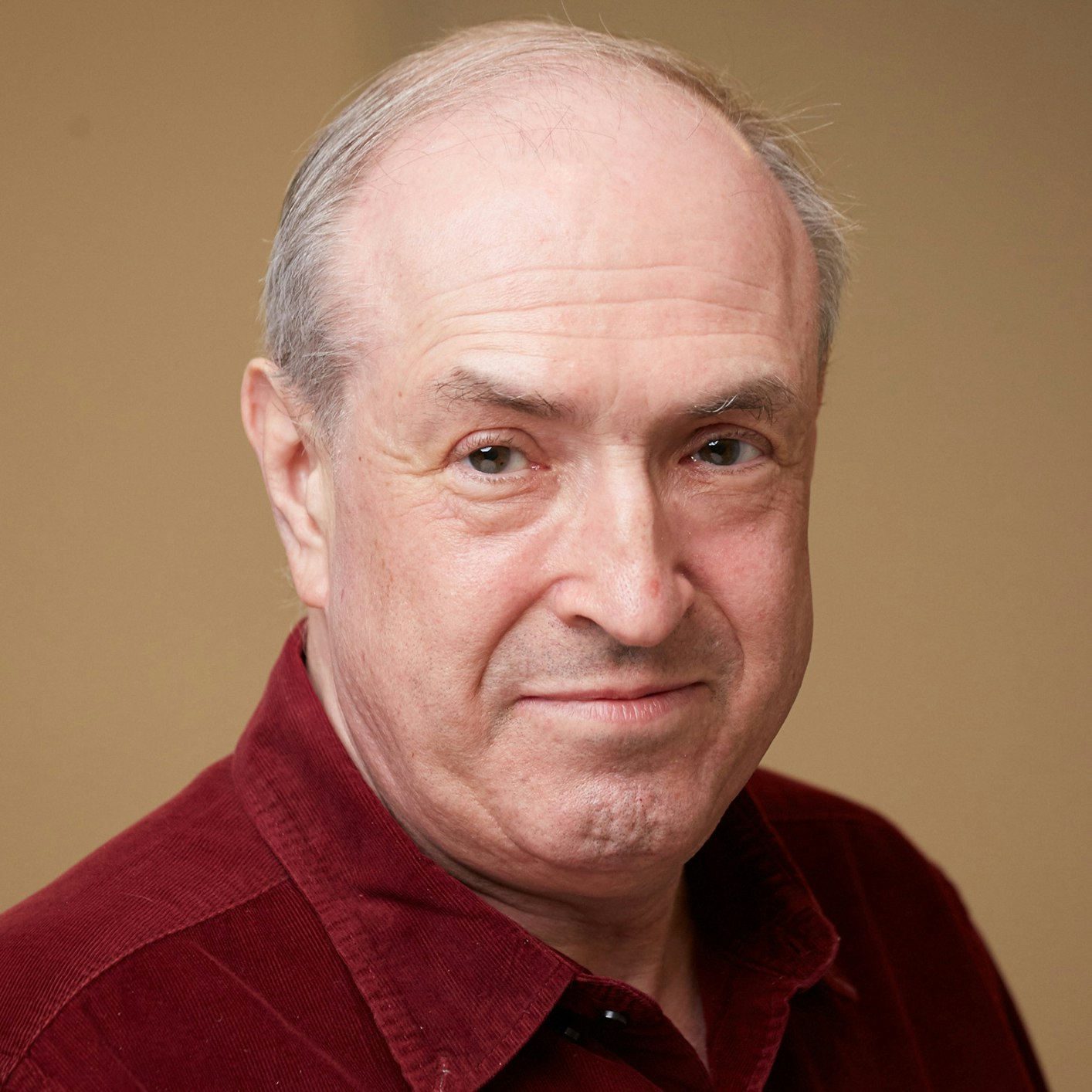Two Steps Forward in the Patient Pursuit of Ill-Gotten Gains
By Ken Hurwitz
The 17 goals in the new global development agenda just approved at the UN include ambitious commitments to “substantially reduce corruption and bribery in all their forms,” and to “significantly reduce illicit financial and arms flows.”
Sceptics will ask how this, all part of Sustainable Development Goal 16, is to happen—and no one underestimates the challenges. But two events that unfolded on the eve of the UN General Assembly show at least one way forward—and the vital role that civil society groups can play in mobilizing national justice systems to tackle the international networks of corruption that undermine development by impoverishing people and fueling conflict.
At the end of August, police in Spain arrested Michel Desaedeleer, a dual American-Belgian national, over his involvement between 1999 and 2001 in the trade in “blood diamonds,” which fueled Sierra Leone’s brutal civil war. Desaedeleer was arrested on a European arrest warrant issued by a Belgian court, where he has been accused of the war crime of pillage, and of enslavement; the case against him was developed by Civitas Maxima, a Swiss NGO, and Sierra Leone’s Center for Accountability and Rule of Law, on behalf of a group of Sierra Leonean citizens who endured forced labor mining diamonds for the Revolutionary United Front (RUF), during the civil war. It is alleged that the RUF compelled the enslaved laborers to mine the diamonds, which were then sent to their ally Charles Taylor in Liberia, from where the diamonds were introduced onto the world market, in turn providing money for arms purchases.
As the two partner NGOs note [PDF], this is the “first time that a businessman has been arrested for his alleged involvement in the international crimes of both pillage of blood diamonds and enslavement of civilians.” It is also the first time since the Second World War that a business person is being charged with pillage, a crime that is, essentially, theft in the context of armed conflict. (A good quick animated explanation of pillage is available here.)
Meanwhile, the arrest in Panama of three Russians in early September quietly established another legal milestone.
Once again, an international arrest warrant was involved, this time issued by a magistrate in Spain investigating corruption and money-laundering complaints against senior officials in Equatorial Guinea—an oil-rich country whose population remains largely mired in extreme poverty. The three Russians, Vladimir Kokorev, an ex-diplomat, his wife, Yulia, and their younger son Igor, face charges over their role in a Panamanian shell company called Kalunga Company, S.A., originally linked to Equatorial Guinea’s President Teodor Obiang during a U.S. investigation into the Washington, D.C.–based Riggs Bank.
Once again, civil society played a critical role—in 2008, the Spanish NGO Asociación Pro Derechos Humanos de España (APDHE), in close collaboration with the Open Society Justice Initiative, filed a criminal complaint in Spain alleging that Kalunga was involved in laundering some $26.5 million diverted from the Equatoguinean Treasury account at Riggs, in part through property investments in Spain.
The Spanish investigation then began to connect many of the dots. In 2009 the Spanish media reported that two senior officials and family relations of President Obiang had received over $2 million from the Kalunga account. The president’s son-in-law, and former ambassador to Russia, Fausto Abeso Fuma, received $1,944,900 from Kalunga between December 1999 and July 2003; and President Obiang’s nephew, Melchor Esono Edjo, former Secretary of the Treasury, and co-signatory on the Riggs Equatorial Guinea Treasury account, received $201,132 between April and July 2003. Other senior officials who received money from Kalunga or other Kokorev-managed accounts have also been identified.
Spanish police were reportedly developing a plan to detain the Kokorevs in 2012, but they slipped out of the country, around Easter that year. Shortly after the issuance of a warrant this August, Panamanian police acted, and three members of the Kokorev family are now in detention, with expectation that they will be extradited to Spain. The whereabouts of a fourth son, Vladimir (junior), are apparently unknown.
As with the Desaedeleer case, we are still probably far from an actual trial. But both cases show that even when the road to accountability appears to be blocked, dedicated police, investigators and judges can be found who will keep pushing, and who will remove or bypass roadblocks to bring the cases forward. Both cases also needed years of involvement from committed civil society activists. Together they underline the role that civil society groups can and should play, if we are to make progress towards the targets for fighting corruption and dirty money set out out in the new global development goals.
Update, November 3, 2015: Vladimiri Kokorev and his wife were extradited by Panama to Spain on October 30, 2015.

Until November 2021, Ken Hurwitz was senior managing legal officer with the Open Society Justice Initiative.